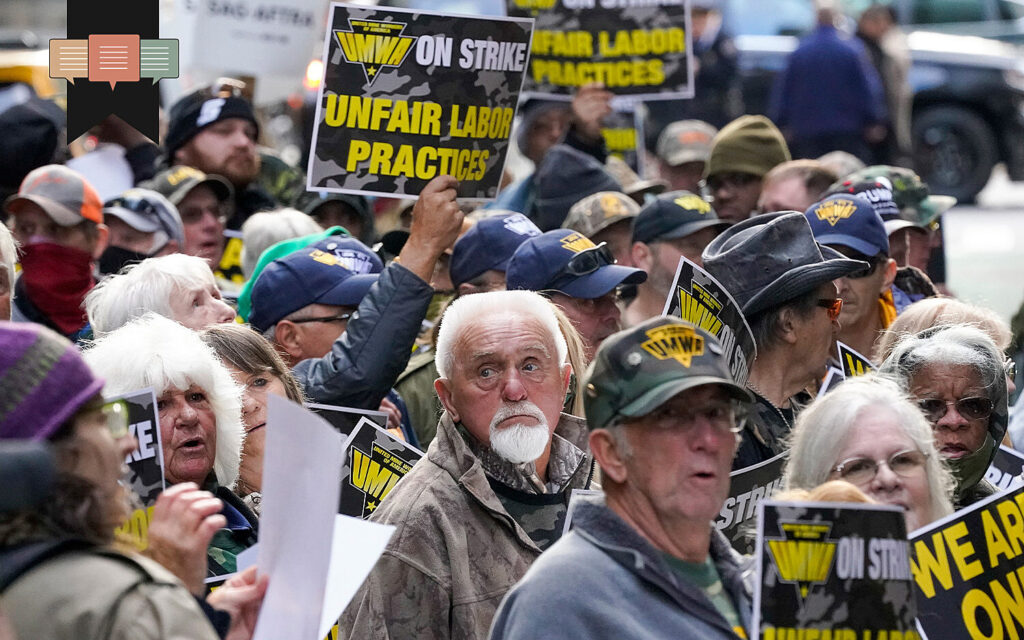
Published September 20, 2023
Over the last few weeks, headlines in the United States have been dominated by a string of cheery economic news: The inflation rate has plunged, unemployment remains historically low, and economists are tripping over one another to reduce their forecast chances of a recession. Goldman Sachs, perhaps the most highly regarded analysts on Wall Street, went so far as to put the odds of a U.S. recession in the next year at just 20 percent. In all this, America is riding high compared to Europe, where many countries are already in recession and inflation remains at 5.5 percent. Fantastic news, right? Well, not if you’re in the doomsday prophet business, or if you’re a conservative pundit.
For much of the past year and a half, conservative politicians and commentators have barely been able to conceal their glee at the coming economic train wreck. Not content with echoing economists’ own fears that a recession was looming, many went further, insisting that we were already in a recession and that the government and media were lying to us about it. Of course, it’s not hard to see why. Political strategists have long since learned that the best way to motivate voters in the short term is by pointing to their pocketbooks, if those pocketbooks are feeling a bit empty and “the other side” is in power. But it’s also a high-risk strategy, since it relies on a continued stream of negative news; once things look a bit rosier, voters will understandably ask whether you have any substantive reasons they should vote for you.
Click here to continue reading.
Brad Littlejohn (Ph.D., University of Edinburgh) is the founder and president of the Davenant Institute. He also works as a fellow at the Ethics and Public Policy Center and has taught for several institutions, including Moody Bible Institute–Spokane, Bethlehem College and Seminary, and Patrick Henry College.
Brad Littlejohn, Ph.D., is a Fellow in EPPC’s Evangelicals in Civic Life Program, where his work focuses on helping public leaders understand the intellectual and historical foundations of our current breakdown of public trust, social cohesion, and sound governance. His research investigates shifting understandings of the nature of freedom and authority, and how a more full-orbed conception of freedom, rooted in the Christian tradition, can inform policy that respects both the dignity of the individual and the urgency of the common good. He also serves as President of the Davenant Institute.











